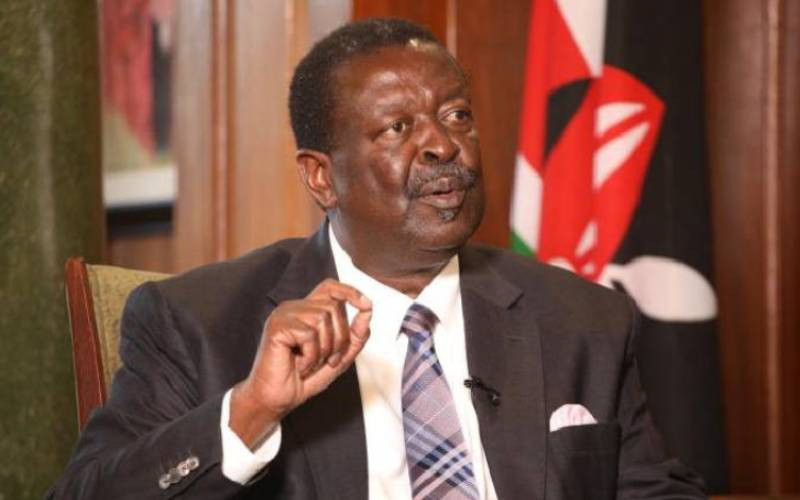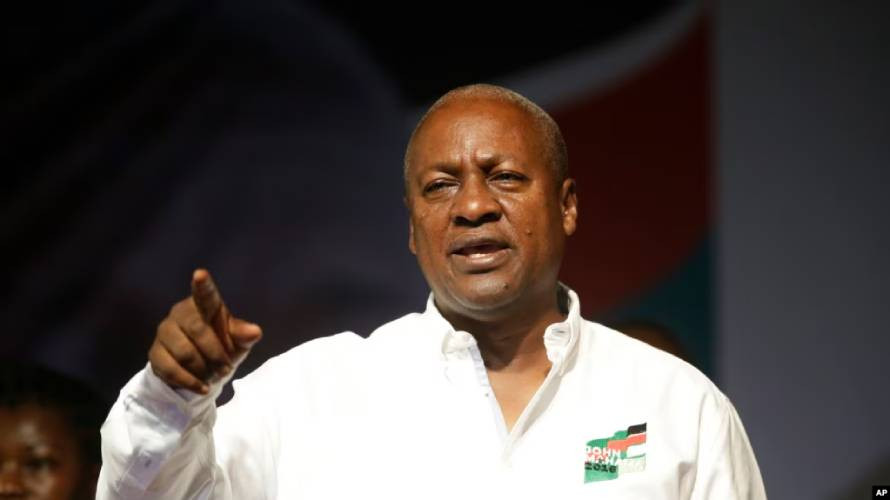They were once seen as the least likely to care. Glued to their phones, immersed in TikTok trends, and constantly chasing WiFi signals, Kenya’s Gen Z appeared disengaged from anything beyond their screens.
For many, politics felt like an outdated game played by older generations. The common refrain was, “Politics is not for me.”
But what began as a government proposal to raise revenue through the Finance Bill 2024 quickly became a national flashpoint. As soon as the bill landed, so did the voices of a generation long thought indifferent.
Young people flooded the streets in their thousands, speaking out boldly against a system they had once ignored. The country watched, stunned, as the youth, often labelled the “silent generation”, emerged as the loudest voice in the nation.
Psychologists argue that beneath what appeared to be disengagement was, in fact, deep disillusionment. For Gen Z, growing up in a country riddled with economic hardship, political scandals, and chronic unemployment led to a kind of psychological retreat. Why care when nothing ever changes? Why vote when the same leaders are recycled?
This disinterest, however, wasn’t ignorance. It was a form of emotional survival. Tuning out became a coping mechanism in a society that rarely listened to youthful voices.
Many of these young people had watched their parents stretch every shilling, navigate job losses, and suffer through broken public systems. The pain was all too familiar, but voicing it often felt futile.
“We had a front-row seat to struggle, but back then, we didn’t think protesting would help. We were angry, yes, but also numb,” said Jeremiah Muuo, a prominent youth activist.
Then came the Finance Bill, a sweeping proposal that threatened to make life even harder for ordinary citizens, including the youth. But it wasn’t just about the taxes. For many, it felt like betrayal.
After years of broken promises from the political elite, the bill felt like a final insult. It cut across class, tribe, and age, striking a nerve in every corner of the country.
Dr Geoffrey Lugano, a political science lecturer, told The Standard that what followed was more of a political awakening than a protest.
“This is a political awakening for Gen Z. Compared to past generations, this one has access to information. They’re able to compare their country to others and ask why we’re falling behind,” he said.
Suddenly, the abstract frustration had a focus. Psychologists refer to this moment as a “collective trigger”, a sudden, shared awareness of injustice that transforms passive observers into active participants.
According to clinical psychologist Jane Owino, what followed was “a moment of collective awakening.”
“When large groups simultaneously recognise shared injustice, it activates suppressed emotions,” she explained. “This builds what we call a collective trigger, and with it comes a surge of resistance.”
Stay informed. Subscribe to our newsletter
What made this Gen Z uprising distinct was not just the energy, but the method. They did not wait for traditional leaders. They formed no political parties. Their resistance was decentralised, digital, and dynamic.
They used tools designed for entertainment and turned them into instruments of revolution.
And then they took to the streets, on foot, with placards, chants, and unity. Many were first-time protestors, but they marched with resolve.
According to Muuo, the movement wasn’t just about a bill, it was about reclaiming the future.
“This generation is done waiting for things to get better,” he said. “We weren’t just angry about taxes. We were angry about unemployment, corruption, inequality. This movement was bigger than a protest — it was a declaration of identity.”
That identity has become central to the movement’s endurance. What keeps Gen Z coming back, even after arrests, deaths, teargas, and threats, isn’t just rage. It’s purpose. It’s pride. Psychologists refer to this as resistance resilience, the ability to bounce back from trauma with even greater determination.
In fact, the more the state cracks down, the stronger and more united the youth become. Images of injured protestors, brutal police responses, and online censorship have only added fuel to the fire. Gen Z is not retreating, they are regrouping and growing.
Today, Kenyan politics can no longer afford to ignore them. Their voices are central to national debates. Politicians who once dismissed them as “keyboard warriors” now scramble to understand their language. Analysts are calling it a generational shift.
The ballot box is still in their arsenal, but no longer the only tool. Civic education, digital activism, and mass protest have become cornerstones of a new form of participation. Gen Z is rewriting the rulebook of political engagement.
This change is not just symbolic, it’s psychological. Kenya’s youth are undergoing a full emotional and political transformation: from suppressed anger to shared purpose, from helplessness to heroism.
As Gen Z activist James Kilonzo put it, “We’ve discovered our power, not just to speak, but to shape the future. That kind of awakening doesn’t fade,”
Nerima Wako, executive director of Siasa Place, said the youth were long underestimated, dismissed as lazy, distracted, and too soft for politics.
But the anti-tax protests, she noted, proved otherwise.
The Finance Bill didn’t just spark protests. It sparked a generation into action, one with a renewed mindset, confidence, and commitment to change.

























